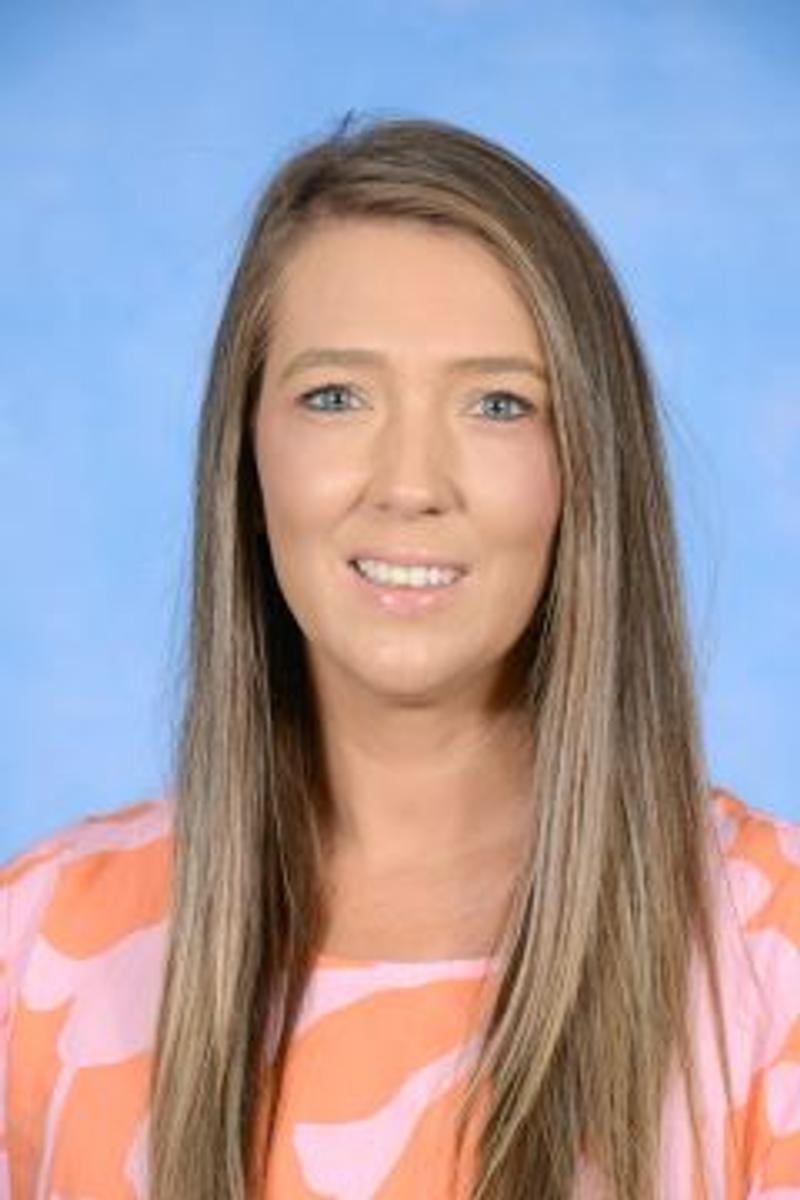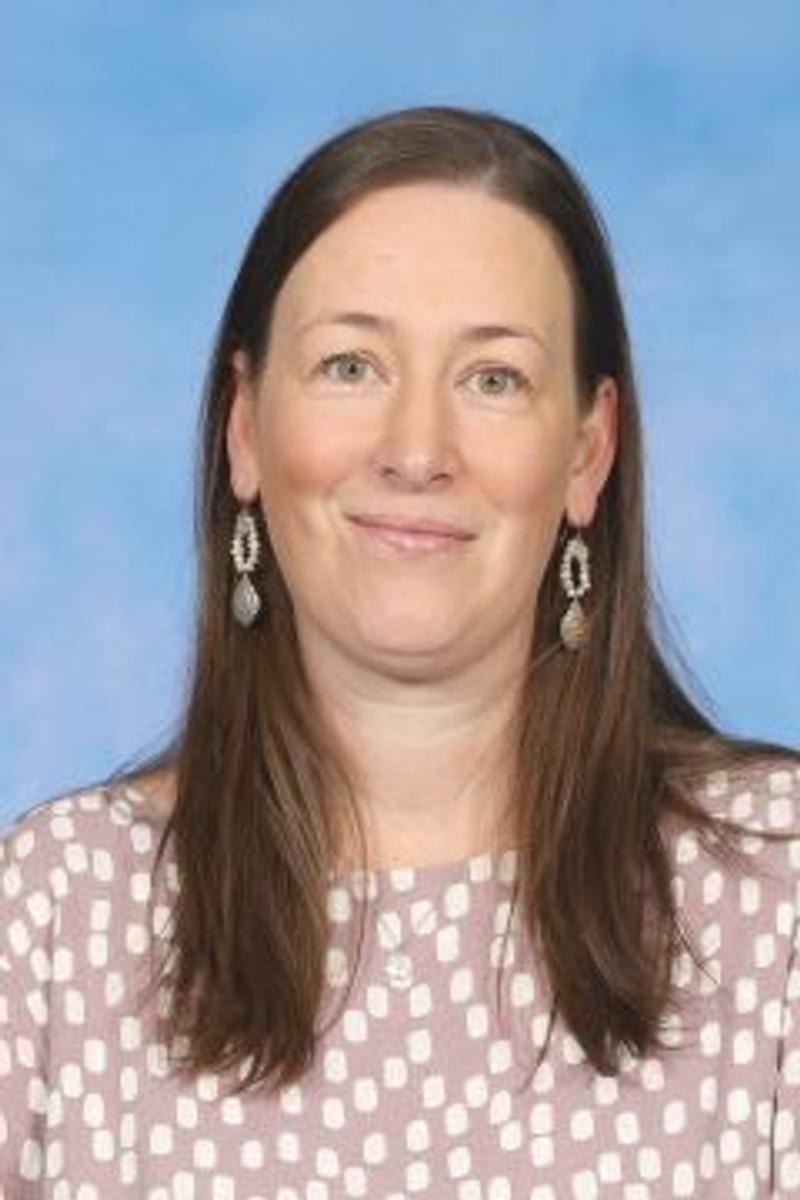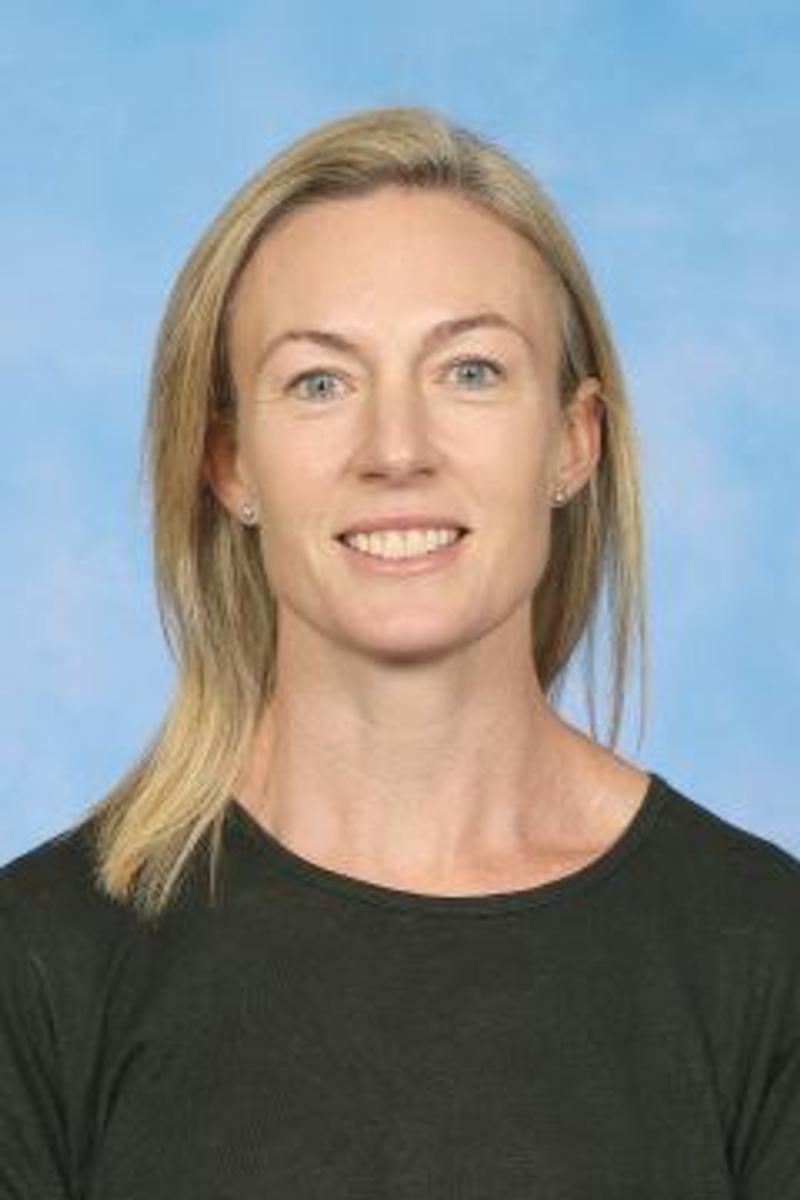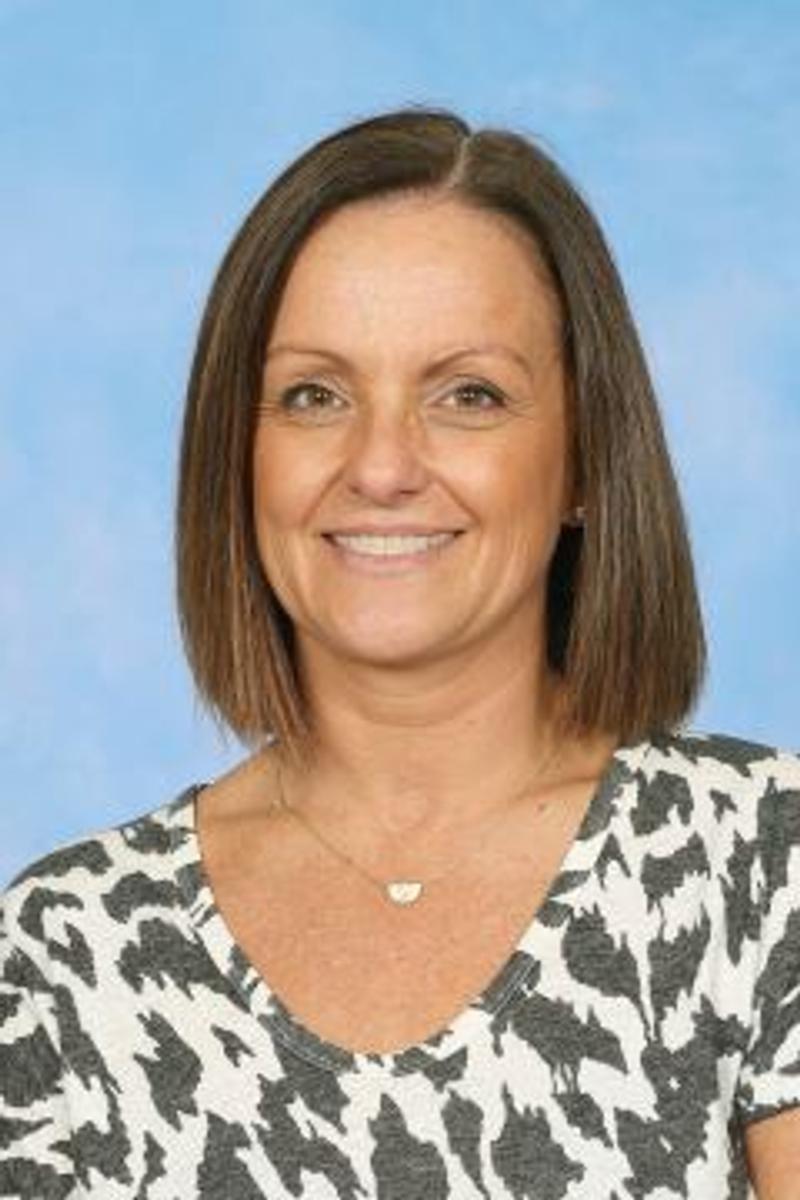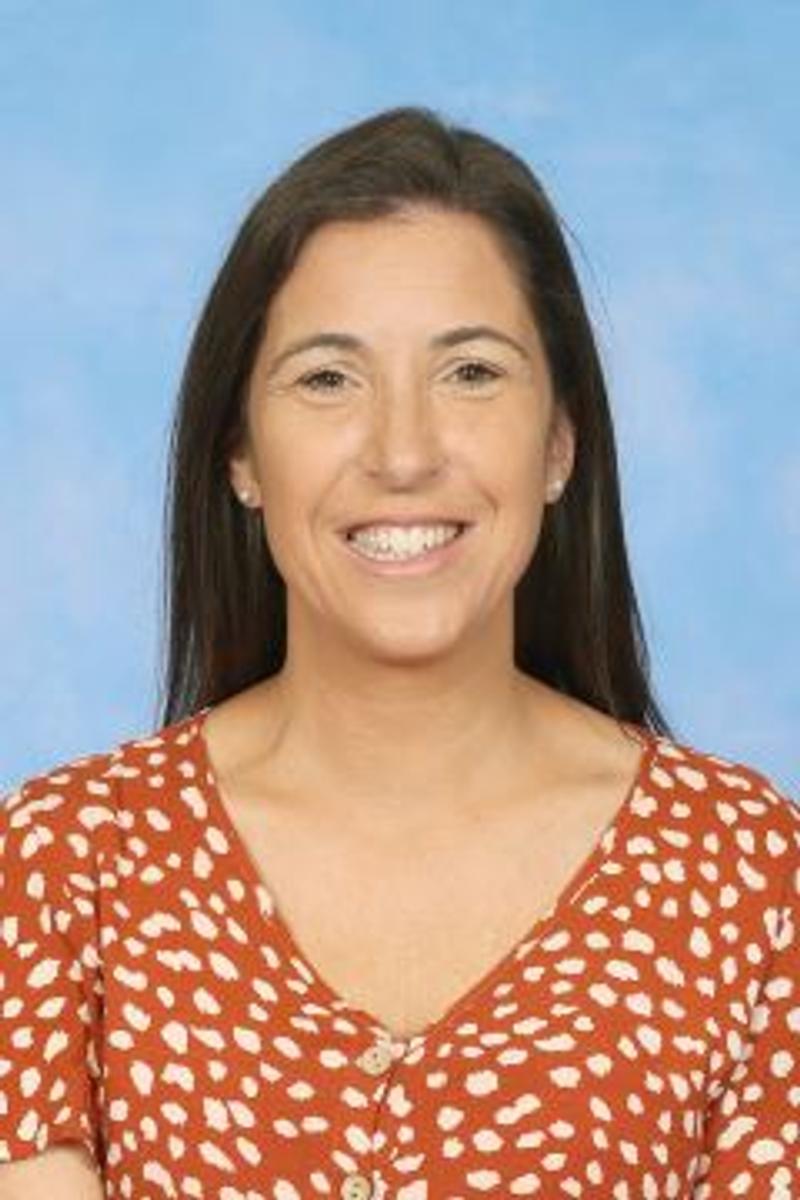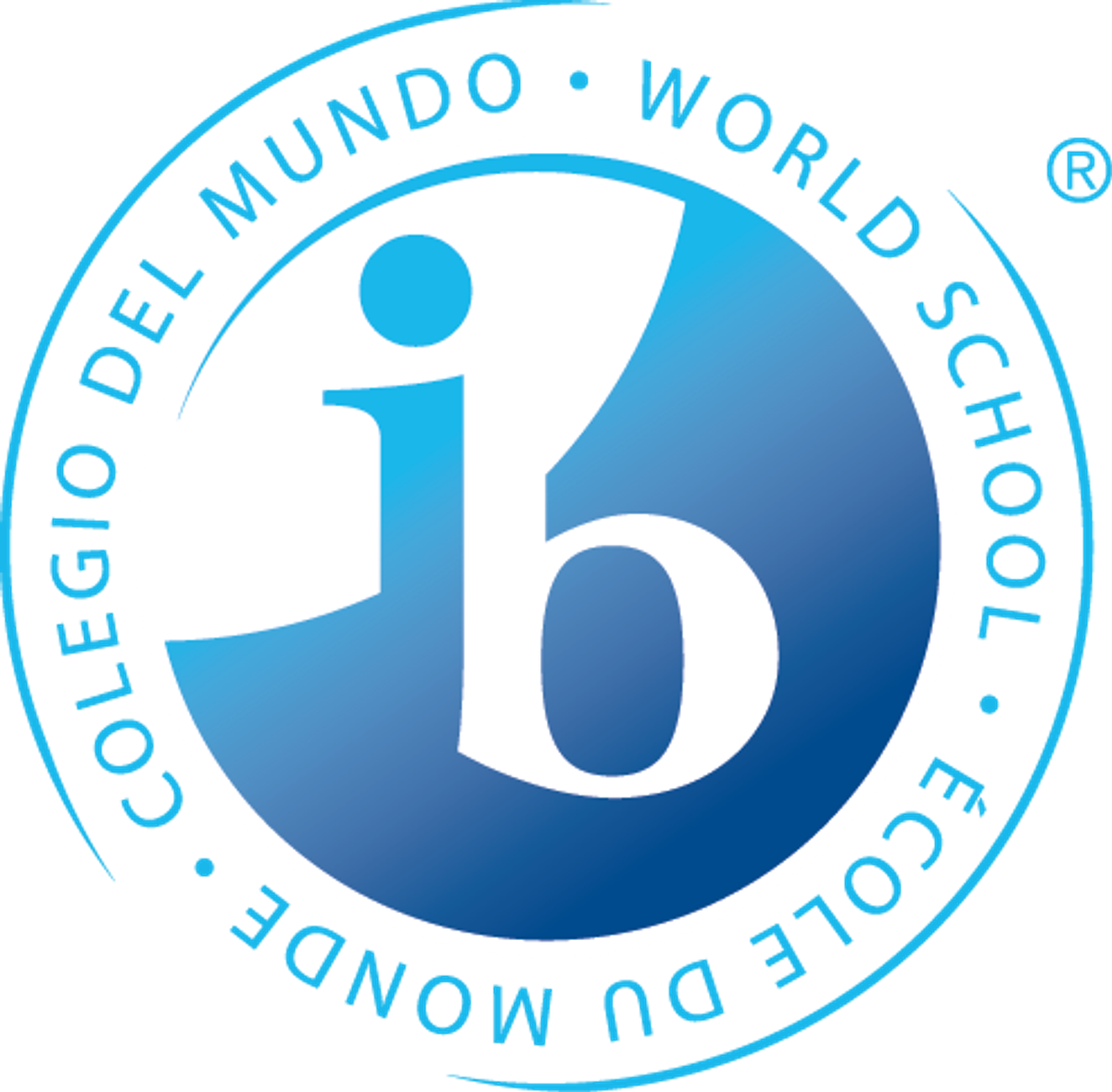Year 2, Term 1, 2024

Welcome to Term 2! The children have now settled in to their 2024 classes and we are full steam ahead, immersing ourselves in our first Term 2 Unit of Inquiry, How we organise ourselves. This is an exciting unit, exploring the stages food goes through from the paddock to our plates!
Our second Unit of Inquiry for Term 2 will explore how Transport Changes Over Time. We are excited to offer the Year 1 students their first excursion for the year, with a day trip to Belgrave, where we will travel on the famous Puffing Billy steam train. We will also be partaking in an educator led workshop in the newly built Lakeside Visitor Centre.
Units of Inquiry
How We Organise Ourselves
Food goes through many stages of production before reaching us
Lines of inquiry:
- Differences between processed and unprocessed food
- The stages food products go through from origin to consumption
- Resources and their management
Where We Are In Place And Time
Journeys have evolved over time.
Lines of Inquiry:
- The different ways we can make a journey (function)
- The way our journeys have changed over time (change)
- Why transport has evolved over time (causation)
Whole-school Focus on the PYP Learner Profile attributes:
April/May: reflective
June: communicators
Literacy
This term we continue to introduce the elements of The Daily 5 within our literacy sessions. We have continued to implement Read to Self, Work on Writing, Word Work (SMART spelling activities), Read to Someone and Listen to Reading. During our reading sessions the children have been guided to explore one of the four key components of successful reading through the use of the CAFE Menu. CAFE is an acronym for Comprehension, Accuracy, Fluency, and Expand Vocabulary.
Grammar
Within our teaching this term we will embed grammatical language and grammatical features through classroom discussion and via reading and writing sessions. The Year One students will continue to explore punctuation, with a focus on capital letters and full stops. The students will further explore adjectives, nouns, verbs and be introduced to both compound words and contractions.
Writing
We continue to explore the 6 Traits of Writing, Organisation, Sentence Fluency, Conventions, Voice and Ideas. We have been using the online tool Scriibi, a program that supports teachers to develop their students' written communication skills.
This term the Year One students will learn to narrow and expand their ideas, use strategies such a pictorial writing, to develop and support their ideas and to incorporate the 5Ws, Who? What? Where? When? and Why?
Students will learn to provide details about ideas or events, and details about the participants in those events. The teachers use Scriibi for pre and post assessments using a rubric, with a focus on the structure that we have taught in our previous writing lessons.
The students will use their Writer’s Notebook to brainstorm and share ideas. The students will experiment with writing in a variety of styles and for a range of audiences. This term we are exploring recount writing, narrative writing and acrostic poems.
Speaking & Listening
The Year Ones are encouraged to continue to bring in ‘Show and Tell’ to share with the class on a Friday. Show and Tell is encouraged to be linked with our current Unit of Inquiry. The children will continue to develop their respectful listening skills and whole body listening whilst others are speaking.
Spelling
We are continuing with the SMART spelling approach. The children will continue to complete spelling activities in class and at home, applied to their six chosen words. On Friday students complete dictation, where the children are encouraged to have a go at writing the sentences which include other words not on the list but that contain the same sound.
Numeracy
Number
In Number this term, the Year 1 children are continuing to explore number and the ability to recognise, represent and order numbers to 120 using a variety of strategies and concrete materials.
Algebra
In Algebra, we will continue to group objects and skip count by twos, fives, tens, and count to 120 by partitioning and using place value. This term students will learn to solve simple addition and subtraction problems using a range of strategies such as counting on, partitioning, friends of 10/20 and doubling.
Measurement
In Measurement this term, the Year One children will learn to tell the time to the half hour, on both analogue and digital clocks. They will learn to recognise digital time on the half hour using 30 and describe the placement of the hands on an analogue clock.
They will spend time measuring and comparing lengths using concrete materials and working towards using formal measuring devices such as rulers and meter tapes. Students will also be investigating the mass of familiar objects using metric weights and exploring capacities using a range of containers.
Statistics
During the term, students will be focusing on Data Representation and Interpretation. They will practice developing simple survey questions and gathering responses from their peers. With the information collected, students will learn to represent the data using symbols and drawings, before analysing and describing their findings.
Space
The students will also explore two dimensional and three-dimensional shapes. They will focus on recognising and classifying shapes as either 2D or 3D and learn to describe shapes and objects using everyday language such as corners, edges and faces.
Inclusive Approaches
The Resilience Project
The children are enjoying the Resilience Project program and completing the sessions. We will be continuously discussing and exploring the three main focus areas of the program which are: Gratitude, Empathy and Mindfulness (GEM).
Cyber Safety Project
This semester the students will be continuing with the Cyber Safety Project. The focus for the Cyber Safety Project is to provide a whole community approach focused on developing future skills, lifelong habits and self-regulation when using digital technologies for work and play. During this program the students will learn how to participate safety and responsibly in a digitally engaged world.
Friendships
Over the course of the term the students will be exploring what it means to be a good friend and how to play in a socially and physically appropriate manner. During these lessons the students will discuss and focus on the classroom and playground etiquette and how to create a harmonious and safe environment.
Special Events
- National Family’s Week – No homework (Week 5)
- Puffing Billy (Monday 17 June)
The Year 1 Team
Ms Jenna Horler, Ms Kristy Smith, Ms Melinda Foote, Ms Melissa Ball and Ms Melissa Werry

